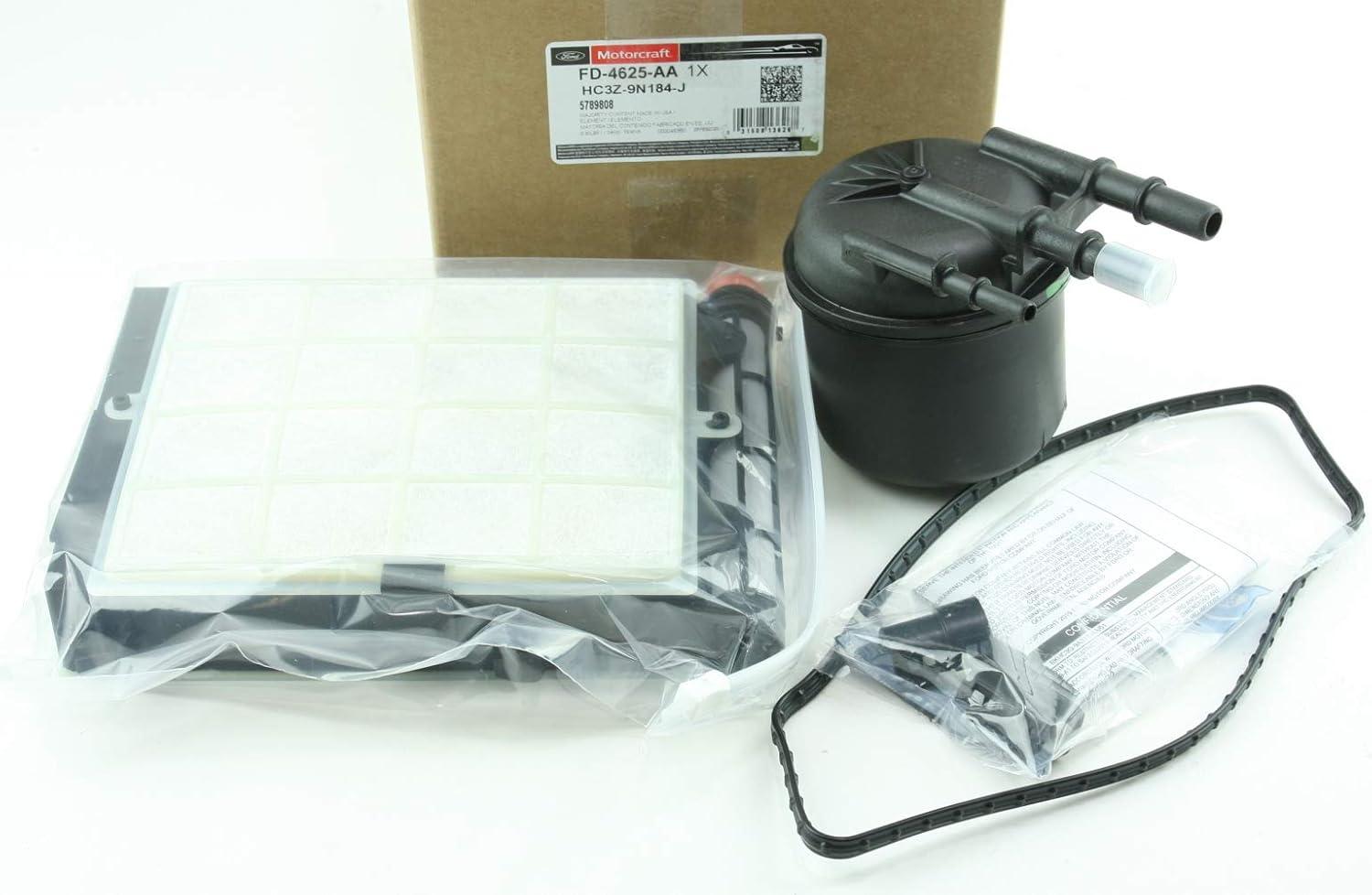Maintaining the health and longevity of your vehicle's engine is paramount, and a crucial component in this endeavor is the engine oil filter. For Chrysler, Dodge, Jeep, Ram, and Fiat vehicles, Mopar Engine Oil Filters offers a range of engine oil filters designed specifically to meet the rigorous demands of these engines. This article explores the intricacies of Mopar engine oil filters, delving into their construction, benefits, and why choosing the right filter is essential for optimal engine performance.
What is an Engine Oil Filter and Why is it Important?
The engine oil filter's primary function is to remove contaminants from the engine oil, preventing them from circulating and causing wear and tear on critical engine parts. As oil circulates through the engine, it picks up various impurities, including:
- Dirt and debris: Dust, road grime, and other foreign particles can enter the engine through the air intake or other pathways.
- Metal particles: Tiny metal shavings can result from normal engine wear, especially during the break-in period of a new engine.
- Combustion byproducts: Carbon deposits and other byproducts of the combustion process can contaminate the oil.
- Degraded oil: Over time, engine oil itself can break down and lose its protective properties.
Without a functioning oil filter, these contaminants would circulate throughout the engine, accelerating wear and tear on vital components like bearings, pistons, and cylinder walls. This can lead to decreased performance, reduced fuel efficiency, and ultimately, engine failure.
Mopar Oil Filters: Engineered for Excellence
Mopar, the parts, service, and customer care division of Stellantis (formerly Fiat Chrysler Automobiles), designs and manufactures a variety of oil filters specifically engineered for their vehicles. These filters are designed to meet the precise specifications of each engine, ensuring optimal performance and protection. Key features and benefits of Mopar oil filters include:
- High-Efficiency Filtration: Mopar filters utilize advanced filtration media designed to capture a high percentage of contaminants, even microscopic particles. This ensures cleaner oil circulating through the engine, minimizing wear and maximizing engine life. They often meet or exceed OEM (Original Equipment Manufacturer) specifications for filtration efficiency.
- Durable Construction: Mopar filters are built to withstand the harsh conditions of the engine environment, including high temperatures and pressures. They are constructed from robust materials that resist corrosion and ensure structural integrity. This prevents leaks and ensures the filter can handle the demands of the engine.
- Optimal Oil Flow: While effective filtration is crucial, the filter must also allow adequate oil flow to ensure proper lubrication of engine components. Mopar filters are designed to balance filtration efficiency with optimal flow characteristics, preventing oil starvation and maintaining consistent oil pressure.
- Precise Fit: Mopar filters are designed to fit perfectly within the engine's oil filter housing. This ensures a proper seal and prevents leaks, which can lead to significant engine damage. Using the correct filter for your specific vehicle is crucial.
- Engine-Specific Design: Mopar understands that different engines have different requirements. They offer a range of filters designed to meet the specific needs of each engine, considering factors such as oil capacity, oil pressure, and operating temperatures. This ensures optimal performance and protection for each engine.
Types of Mopar Oil Filters:
Mopar offers various oil filter types to cater to different vehicle needs and applications. These may include:
- Standard Oil Filters: These are the most common type and are designed for regular oil change intervals.
- Extended Life Oil Filters: These filters are designed to provide longer service life, allowing for extended oil change intervals. They typically feature higher-quality filtration media and more robust construction.
- Performance Oil Filters: These filters are designed for high-performance engines and demanding driving conditions. They offer superior filtration and flow characteristics to ensure optimal engine performance.
Choosing the Right Mopar Oil Filter:
Selecting the correct Mopar oil filter for your vehicle is essential. Consult your vehicle's owner's manual for the recommended oil filter part number. This will ensure you are using a filter that meets the specific requirements of your engine. Using the wrong filter can lead to inadequate filtration, oil leaks, or even engine damage.
Benefits of Using Genuine Mopar Oil Filters:
Using genuine Mopar oil filters offers several advantages:
- Warranty Protection: Using genuine Mopar parts helps maintain your vehicle's warranty. Using aftermarket filters that do not meet OEM specifications could potentially void your warranty in the event of an engine issue related to oil filtration.
- Optimal Performance: Mopar filters are designed to work seamlessly with your vehicle's engine, ensuring optimal performance and protection.
- Quality Assurance: Genuine Mopar parts are manufactured to high standards, ensuring quality and reliability.
- Peace of Mind: Using genuine Mopar parts gives you peace of mind knowing that your engine is being protected by a filter specifically designed for your vehicle.
Maintaining Your Oil Filter:
Regular oil and filter changes are essential for maintaining engine health. Follow the recommended oil change intervals outlined in your vehicle's owner's manual. During each oil change, the oil filter should also be replaced. This ensures that fresh, clean oil is circulating through the engine, maximizing its life and performance. Also read it
Conclusion:
Mopar engine oil filters are a crucial component in maintaining the health and longevity of your Chrysler, Dodge, Jeep, Ram, or Fiat vehicle's engine. Their high-efficiency filtration, durable construction, and precise fit ensure optimal performance and protection. By choosing the right Mopar oil filter and adhering to recommended maintenance schedules, you can keep your engine running smoothly for years to come. Consult your vehicle's owner's manual or a Mopar dealer for specific recommendations regarding your vehicle's oil filter and maintenance schedule.



